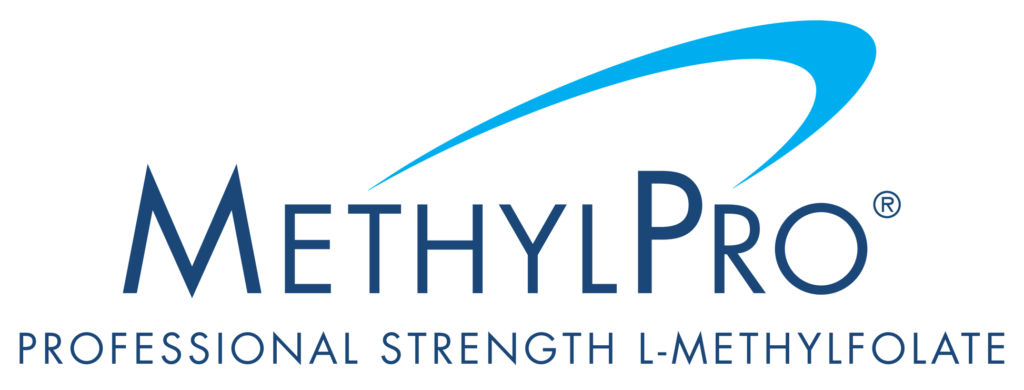At least two-thirds of American adults consume alcohol and about 5% suffer from chronic alcohol addiction [1]. There is, of course, a vast spectrum of consumption, and as each of us has a unique body and metabolism, the line between use and abuse may look different for each individual. There is no gray area around the fact that alcohol does act as a pathogenic toxin in the body, and folate and alcohol work in opposition when it comes to your health. Specifically, alcohol interferes with the absorption and metabolism of folate.
Can Alcohol Deplete Folate or Cause Folate Insufficiency?
It can. Low folate levels have long been recognized as a clinical feature of alcoholism. As scientists have worked to better understand folate metabolism, they have also figured out an explanation for the way alcohol inhibits healthy folate homeostasis.
When a healthy person consumes foods or supplements containing folate (vitamin B-9), it first must be converted to a form that can be absorbed through the walls of the small intestine. Folate is then shuttled by the blood to the liver where it must again be absorbed and further processed so it can be used by the rest of the body. Excess folate is regulated and controlled by the kidneys and gets excreted in urine.
When a person is regularly consuming too much alcohol for their body type, there are multiple reasons their folate levels drop, even on the same diet.
First, studies show that when a person abuses alcohol, significantly less folate is absorbed from food through the small intestine [1].
Second, of the folate that is absorbed from the small intestine, even less is absorbed by the liver. This means, the little folate brought in is unlikely to be processed properly for use throughout the body [1].
Further still, alcohol increases folate excreted by the kidneys. The very little folate absorbed is not being stored, it is leaving the body without ever contributing to the processes our body needs it for [1].
How Does a Folate Insufficiency Affect the Body?
Folate insufficiency may be difficult to detect without a blood test, but not because it is a superfluous nutrient. In fact, folate is used in nearly every cell of the body, constantly, and can be the rate-limiting factor in crucial metabolic processes.
As your cells divide and grow to replace old, damaged cells, a critical step is correctly copying the DNA that will provide instructions for the new cell and those that come after it. Without folate and its coenzymes, DNA cannot be copied and the expression of the proper genes for continued growth and function may not take place [2]. Improper DNA methylation is likely to lead to a less-functional or mutated developing cell [2].
During pregnancy, folate is especially important, as the cells of the growing baby are so rapidly dividing and growing. Chronic and heavy alcohol use in pregnancy leads to reduced folate transport to the fetus [3].
Folate is critical to the metabolism of several important amino acids, including methionine, cysteine, serine, glycine, and histidine [2]. The synthesis of methionine from homocysteine requires not only folate (as L-methylfolate) but also vitamin B-12. Insufficient levels of folate or B-12 can result in decreased synthesis of methionine and high levels of homocysteine, which poses several serious health risks [2]. Normal homocysteine levels are associated with a healthier cardiovascular system and longevity of mental health.
Folate is also necessary for the production of red blood cells with a normal size and shape, and thereby the efficient delivery of oxygen throughout the body [4].
Can I Take Folate Supplements if I Drink Alcohol?
You are unlikely to experience an immediate adverse reaction between alcoholic beverages and folate supplements. However, if you choose to drink, you now know that the absorption of your folate may be impaired by alcohol use, and folate does not counteract the damage done to your body by alcohol.
You should still follow the daily recommended intake for folate, and seriously consider choosing a supplement containing the L-methylfolate form, as it is the most bioavailable option. Speak candidly with your doctor about your alcohol use to determine if your body is able to healthfully process the amount of alcohol you regularly consume, or whether cutting back or cutting out alcohol would be a smart choice for your mental health.
References:

